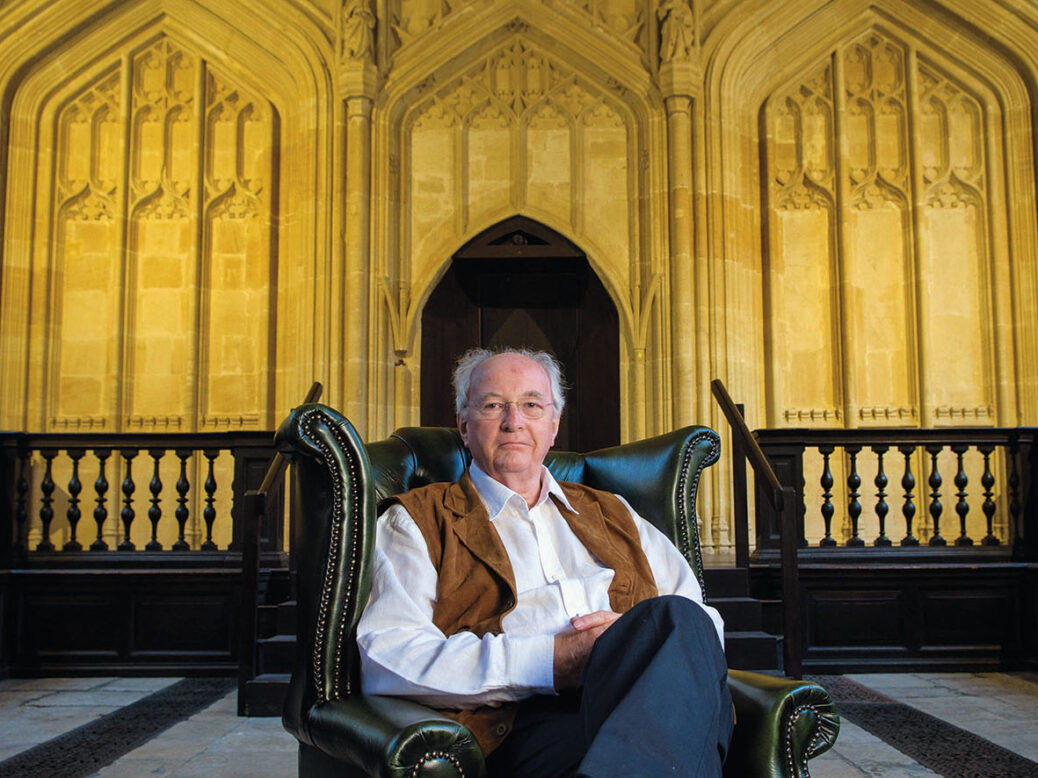
The sponsors of the Costa (originally the Whitbread) Book Awards, one of the most imaginatively structured book prizes, have just announced that, after fifty years, these awards would cease to exist.
No one has to sponsor any sort of prize, of course, and if they do, they can set it up in any way they like. If they can’t afford to sustain it, or if they just change their minds, there can be no blame attaching to them if they want to abandon it. It does seem worth explaining, though, why this particular prize was so important and so highly valued by the book world in general.
It consisted of five category awards, one each for fiction, poetry, biography, a first novel and a children’s book. Each winner (in the prize’s last year) received £5,000, and an overall Book of the Year award, chosen from the five category winners, was worth £30,000.
Significant money, to most writers, who make peanuts. But the main benefit was the publicity, of course, and the Whitbread/Costa was second only to the Booker in the amount of attention it received. It was widely talked about in the news pages and on radio and TV; bookmakers offered odds on the result. Some well-known writers have won it: William Trevor, Kazuo Ishiguro, Ted Hughes, Seamus Heaney, Hilary Mantel. Writers who were not well known found their reputations suddenly and sometimes permanently enhanced.
The most interesting thing about the prize was probably the category aspect. Could judges fairly compare a biography with a first novel, or a work of fiction with a book of poetry? Distinguished judging panels managed to do so, year after year. Most interestingly, could a children’s book ever win at all?
There was a long period when it seemed as if the children’s book category was always going to be an also-ran, or a makeweight, or little more than a well-meaning gesture, never intended to be taken seriously. This was a time when a critic in the Times Literary Supplement felt able to say, when laying into a novel on its publisher’s adult list for being sentimental and “too simple by a mile”, that “as a children’s book, however, it might make its mark”. The assumption, which he confidently expected TLS readers to share, was that children’s books were like bad books for grown-ups. At about the same time, Philip Roth was being praised by Robert Stone in the New York Review of Books for being “an author so serious he makes most of his contemporaries look like children’s writers”.
And of course there was the occasion reported in the Guardian in 2011 when Martin Amis said: “People ask me if I ever thought of writing a children’s book. I say, ‘If I had a serious brain injury I might write a children’s book.’”
The sort of slovenly contempt implicit in comments like those was exactly what the Whitbread/Costa award existed to challenge. Yes, years went past when the children’s book didn’t win, and at one point there was a suggestion that that category ought to be hived off from the rest, so there would be an overall Book of the Year and a separate Children’s Book of the Year, but generosity and good sense prevailed, and the structure was retained. Writers such as Peter Dickinson, Philippa Pearce, Penelope Lively, Leon Garfield, Jane Gardam, Alan Garner were and are significant literary figures by any standard: of course they should have been eligible to be judged in company with writers whose books were read only by adults. Maybe one day a children’s book would win.
And then it did. Winning the 2001 Whitbread Book of the Year Award with The Amber Spyglass made more difference than anything else to my publishers’ ability to sell gratifyingly large quantities of my books, and I remain profoundly grateful. I said at the time that I hoped children’s books could now become part of the general conversation about books, but I’m not sure that they have, except in one respect: the financial one. When it became clear that children’s books could sell in large numbers and make lots of money, publishers were keen to entice celebrities of varied kinds and talents to put their names to a children’s book or several, and singers, comedians and sports stars hastened to sign the contracts they were offered. What could they lose? It was only a children’s book, after all; it couldn’t be very hard to write.
That didn’t matter very much in the long run: trash is ephemeral. But it was and is dispiriting when genuinely original and talented writers see their publishers lavish money and attention and publicity on books that don’t need or deserve it.
Slowly, some things are getting better. There are more courses in children’s literature at university level than there used to be, which is a good thing, because there are things to be said about the books that children read (and about their illustration and design) which are interesting and worth saying. Campaigners such as Michael Rosen and Michael Morpurgo were able to use their fame as writers for children to argue for causes that were good and right. And my win turned out not to be a freak, a one-off, because the children’s book winner in 2015, Frances Hardinge’s The Lie Tree, deservedly won the overall prize as well.
But unless a different sponsor generously picks up what Costa has put down, it won’t happen again. There are prizes specifically for children’s books, of course, the best-known of which is the Carnegie Medal, but the Whitbread/Costa award was uniquely and generously inclusive, and I’m very sorry to see it go.
[See also: The Case Against the Sexual Revolution review: Louise Perry’s attack on liberal feminism]
This article appears in the 15 Jun 2022 issue of the New Statesman, The Big Slow Down





